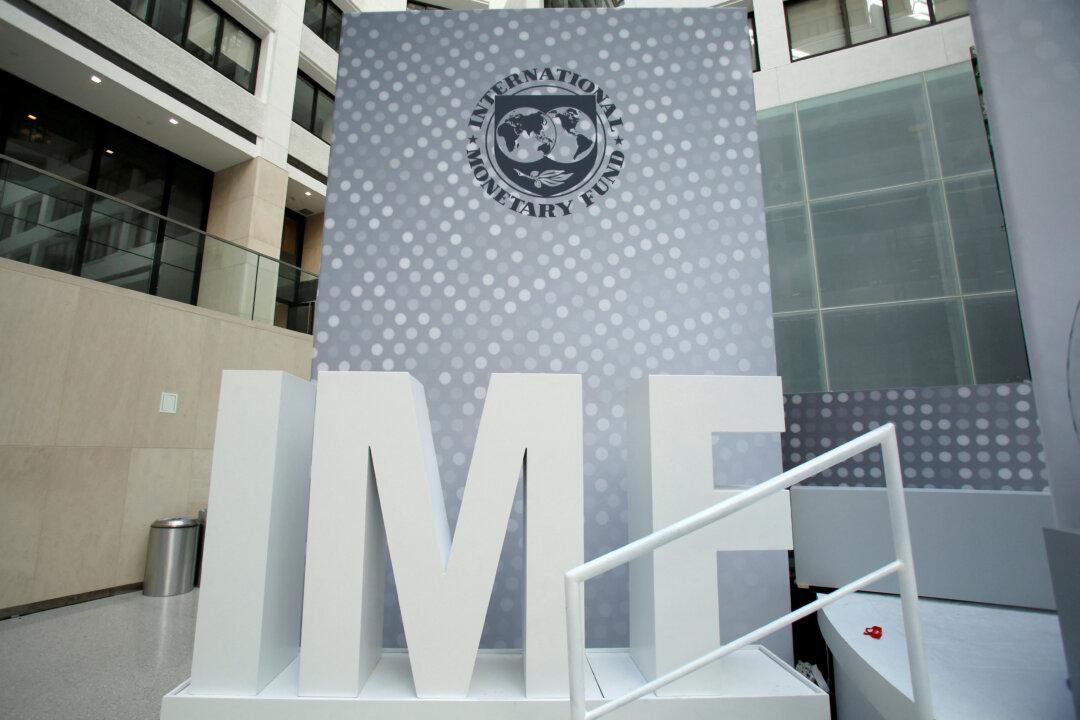The International Monetary Fund has called for stronger climate change propaganda, after noting a lack of public interest for their costly solutions.
The United Nations-run financial agency has been attempting to drum up support through various polls to propagate climate change ideology and convince people around the world to get on board.





